On July 24th, Dr. Zhou Jinfeng, the Secretary-General of China Biodiversity Conservation and Green Development Foundation (CBCGDF) participated in the webinar on the theme of "Ecological Protection and High-quality Development of the Yellow River Basin and the Protection and Sustainable Development of Wetlands in the Yellow River Delta", and delivered a virtual keynote on biodiversity conservation in the Yellow River basin and Human-based solutions (HbS). The following is the video record and main content of Dr. Zhou’s keynote, shared with readers.
Dr. Zhou said: "A few days ago, the media focused on the Yellow River Basin: After nearly 30 years, the Yellow River Largehead Hairtail (Trichiurus lepturus) reappeared in the river. Then the biodiversity protection of the Yellow River Basin and what we are doing, does the species protection list rely solely on the protection of the people, is it in accordance with the status quo of the Yellow River? We believe that there should not only be a list, but also update at any time, and there should be protection outside the list, but the protection of endangered species will be a series of changes that biodiversity conservation needs to adapt to today. " He also emphasized the three major crises that mankind is currently facing: climate change, biodiversity loss, and public health security, and these three crises are closely related to biodiversity conservation.
What challenges are facing the conservation of biodiversity in the Yellow River Basin? How to deal with it? Dr. Zhou shared the five aspects of sewage, sand mining, mining/engineering, garbage, and economic development in the Yellow River Basin, and interpreted and analyzed specific case stories, and proposed solutions.
For example, waste from a smelter pollutes a tributary of the Yellow River, making it impossible for the birds living in this tributary to survive. He mentioned that the CBCGDF currently has tens of thousands of volunteers. They report that this type of pollution discharge occurs every day, and it still occurs in the Yellow River basin to this day. This is a very serious practical problem we face. Dr. Zhou also pointed out that in the era of ecological civilization, we need to change the original ideas of economic development.
In 2014, the environmental pollution problem in the Tengger Industrial Park of the Alxa League in Inner Mongolia attracted great attention from the country, that is, the Tengger Desert pollution case. Environmental protection organizations participate by filing environmental public interest litigation (EPIL), which helps to promote a positive response to pollution projects and fulfill their responsibilities to protect the environment. Regarding the pollution situation, Dr. Zhou pointed out that the first thing after the pollution is to organize the relevant personnel immediately, take samples and conduct subsequent testing and processing. Here, Dr. Zhou proposed that for pollution control such as the Tengger Desert and Changzhou toxic land case, “non-proliferation, non-hazardous and full publicity” (three axioms of pollution prevention and control) should be adhered to. Because it is difficult, long cycle, and high cost, it is difficult for us to do a good job of pollution control in the whole process. The secondary pollution in the pollution control process also requires a serious price. For example, in this process, it may cause new pollutions of land, sand, and groundwater.
Regarding ecological restoration projects, from the real cases of Shanghai’s Nanhui Dongtan, Hebei’s Beidaihe Wetland, Tianjin’s Country Park Project, Yuanmingyuan’s Seepage Control Project, Yuanshi County’s River Improvement, and Beijing Fengtai Nanyuan’s Wetland Project, Dr. Zhou put forward ecological restoration projects should adhere to four principles, namely: conservation principle, natural principle, limited principle, and macro principle.
At present, biodiversity has attracted more and more attention from the society, and a large part of environmental assessment is about biodiversity. However, in fact, many projects, such as wind power plants, solar energy, etc., its biodiversity assessment, monitoring, restoration, etc. are very important. He pointed out that, however, the accumulated research standards of previous related work are not rich. At the same time, he also introduced the series of working standards for biodiversity developed by the CBCGDF, which were provided for reference for the guests participating in the webinar.
Regarding the garbage problem facing the Yellow River Basin, Dr. Zhou shared: "We have done serious research in Gansu, Ningxia, Qinghai, and Sanjiangyuan. The problem of increasing garbage is very serious." Regarding the reduction of waste, Dr. Zhou shared two principles and four levels for recycling. The two principles include market mechanism and policy support. The four levels include production links, maintenance, reuse, and disassembly and recycling. He also shared the work done by CBCGDF in opposing excessive packaging, including an analysis of the new and old mooncake packaging standards, and pointed out the deficiencies of the new standards. It also pointed out that the ecological protection of first-tier cities must first focus on excessive packaging. For example, during the holidays, facing the problem of excessive packaging of zongzi. He also mentioned that for easily damaged items such as sofas and cases, if support for repairs is increased as in the past, repairing stalls will be opened for all repairers, and they will be exempted from tax and license to do repairs. This measure is very important to the protection of the ecological environment, and these aspects require the support of the public and society, and the promotion of relevant departments.
In response to the problems of overfishing and illegal electric fishing in the Yellow River Basin, Dr. Zhou pointed out that the protection of the Yellow River Basin in this area is relatively weak. He hopes that like the Yangtze River Basin and many other places (such as Heilongjiang, Guangdong Zhuhai, Bohai Rim, etc.), the local fishery police and the CBCGDF volunteers will form a broad participation of the people to truly stop overfishing and illegal trade.
Dr. Zhou also shared part of the work done by CBCGDF in protecting the Yellow River, including the CBCGDF volunteers of community conservation area for great bustard at Changyuan (CCAfa)’s conservation actions, as well as the scientific expedition to the Sanjiangyuan, pointing out the economic development of the Yellow River Basin must focus on the construction of ecological civilization.
The CBD COP15 has been postponed until next year to be held in Kunming, China due to the COVID-19, and the protection of the Yellow River and biodiversity conservation are complementary. In order to help the two major protections, Dr. Zhou finally pointed out that in the current sixth mass extinction crisis facing mankind, “The Human-based solutions (HbS) is the only way to solve this problem, which is to change through humans. It is hoped that relevant departments can adhere to the Human-based Solutions, so that everyone, social organizations, and experts in all fields can participate in the solutions to the biodiversity conservation of the Yellow River Basin. Only in this way can the biodiversity of the Yellow River Basin be changed. Of course, based on our position, we emphasize that more is to change our living habits and production habits, in terms of diet, travel, etc., to avoid biodiversity damage and harm to climate and public health security.”
https://v.qq.com/x/page/t3124peh5o5.html
(Video credit: CBCGDF)
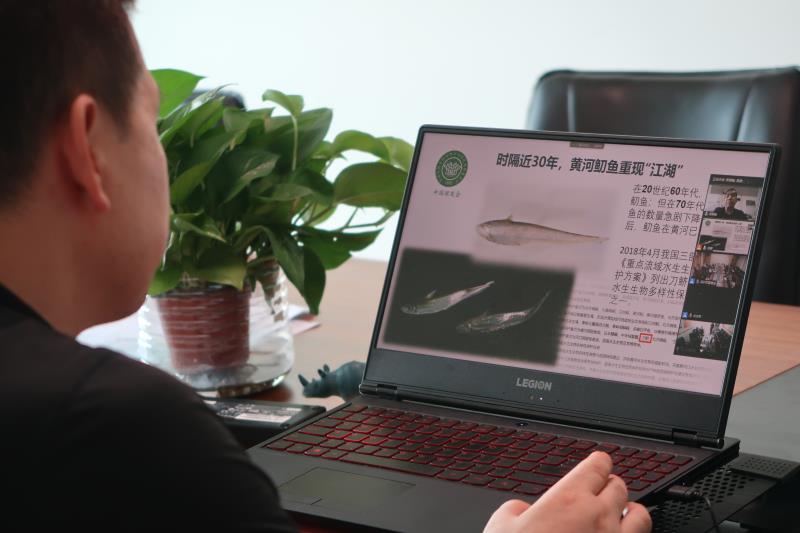
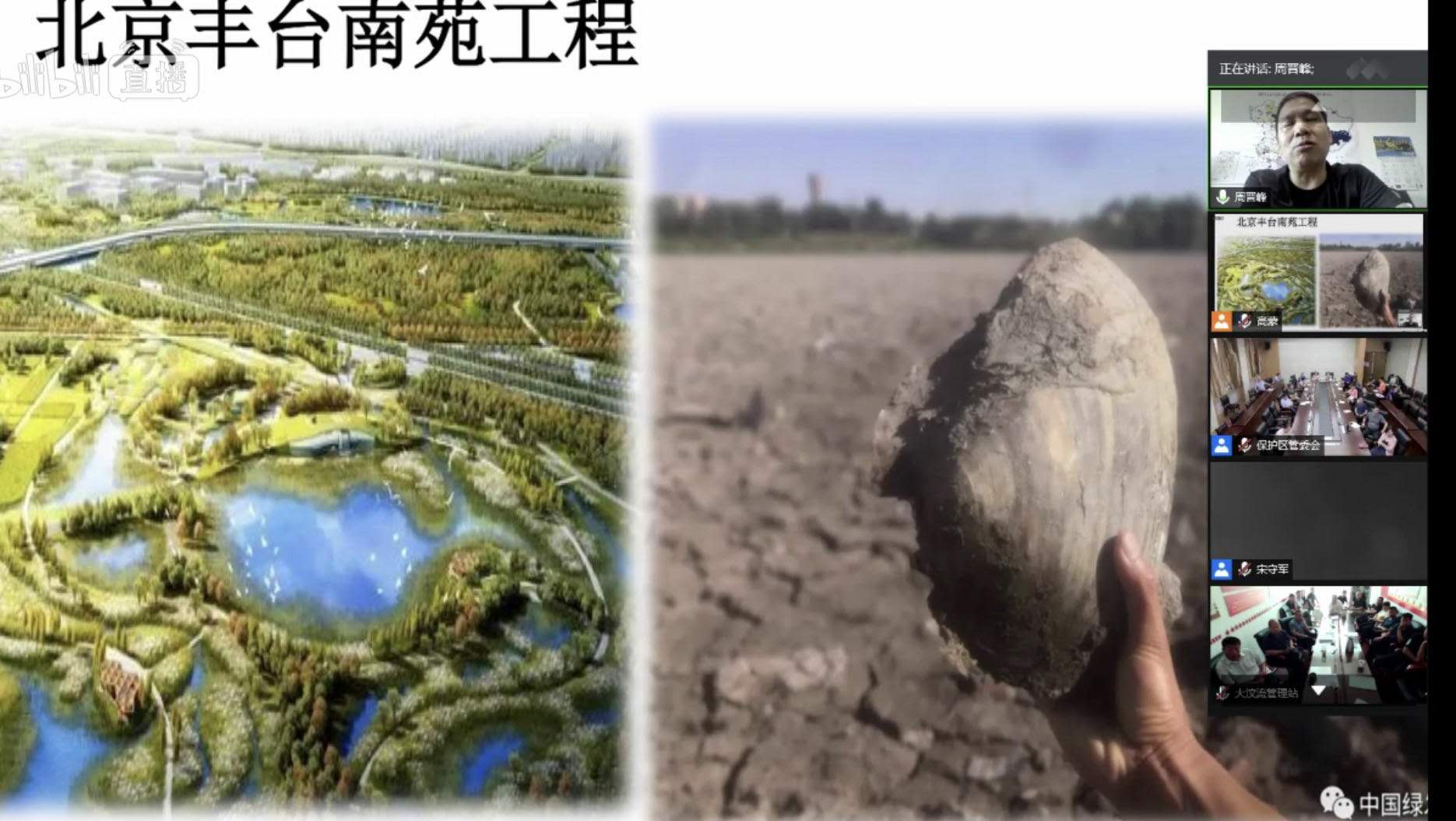
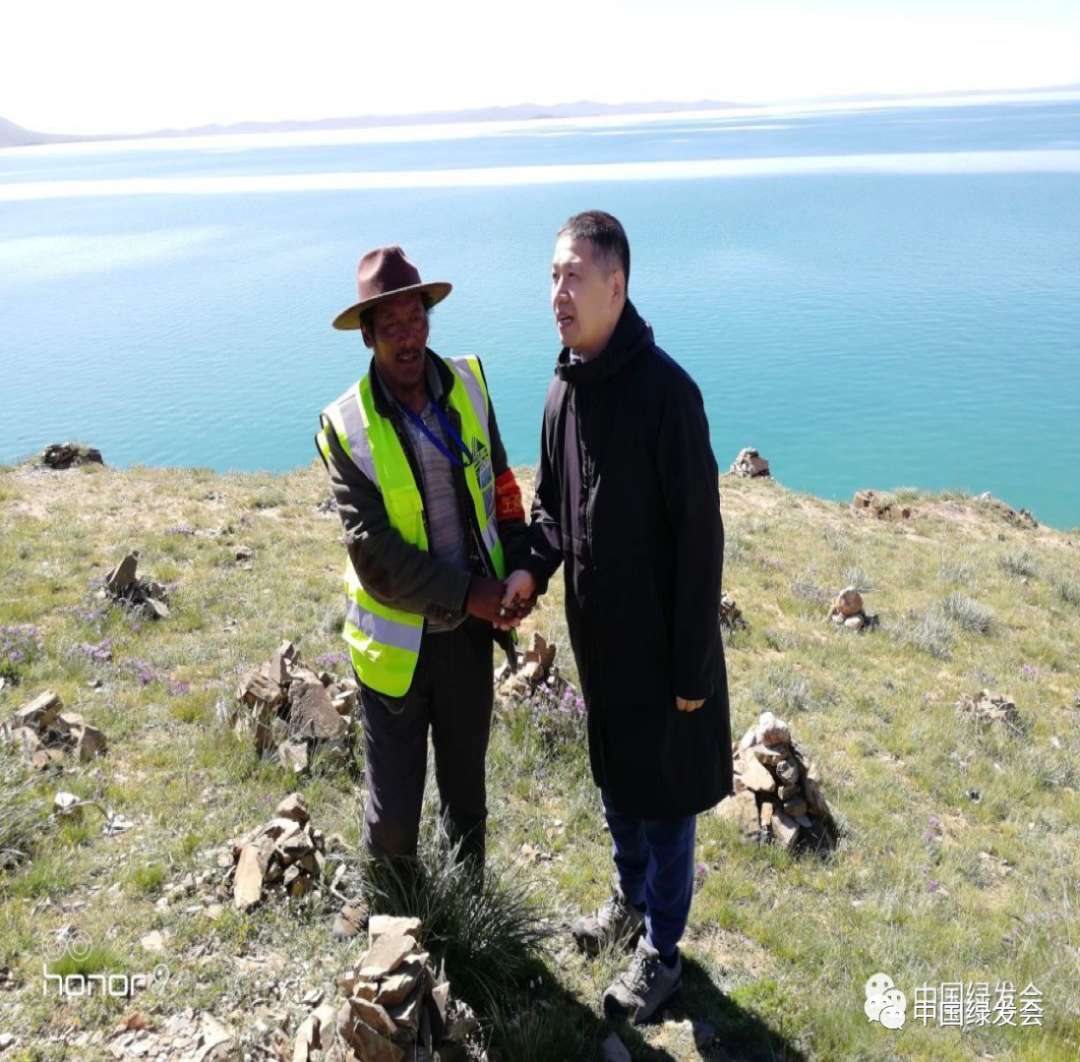
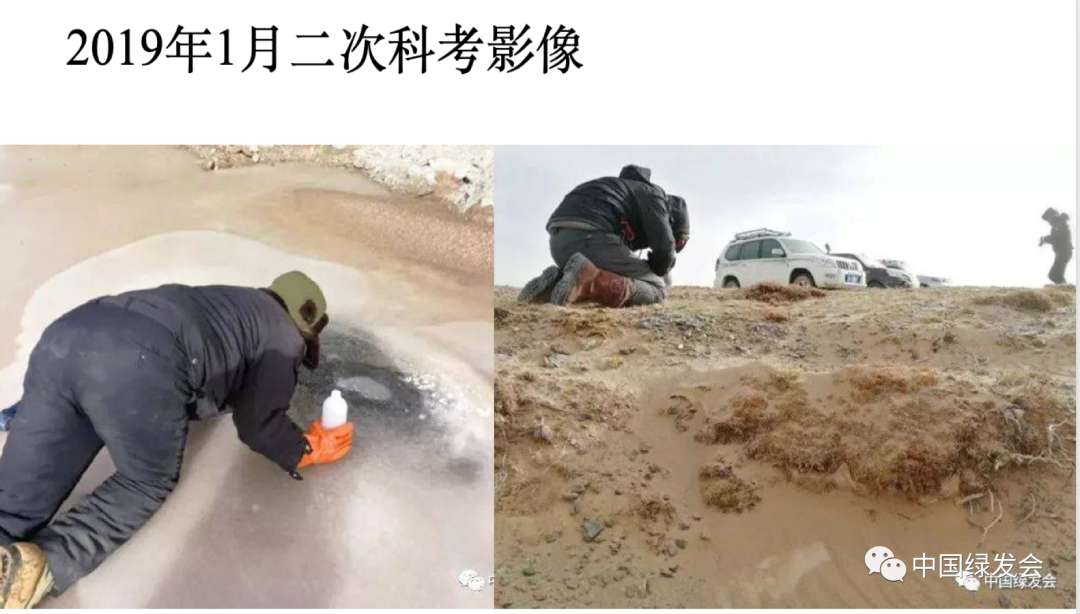
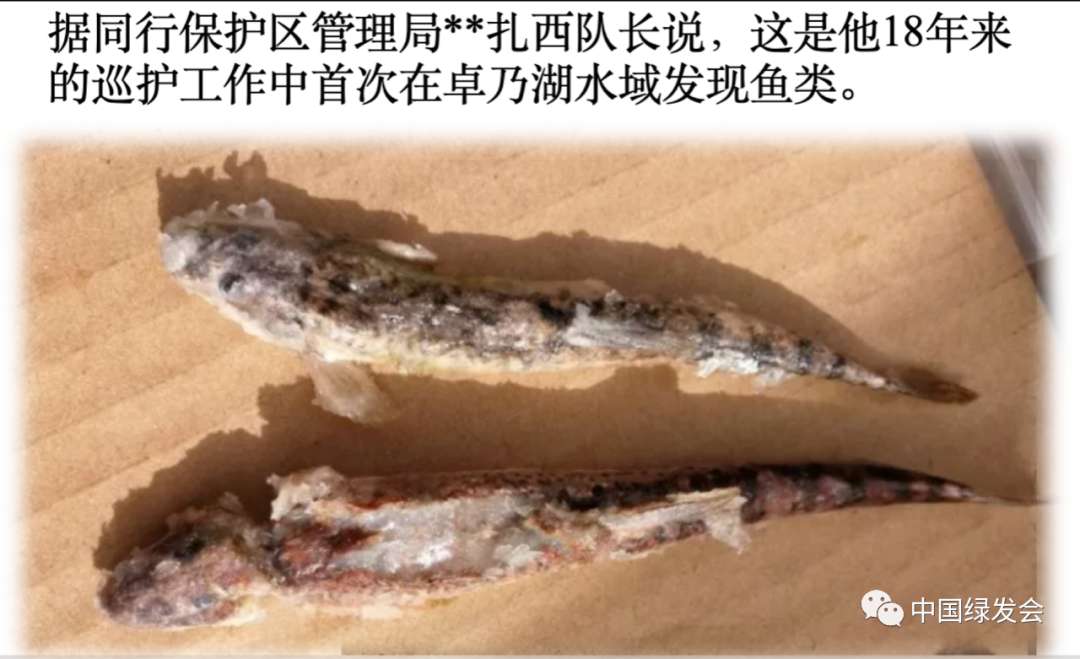
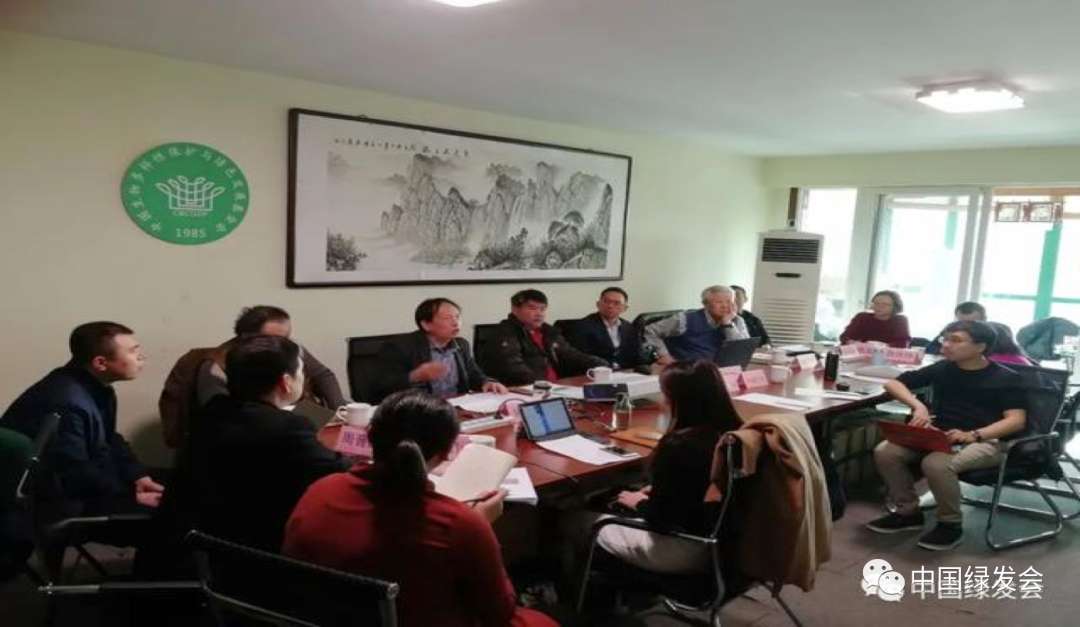
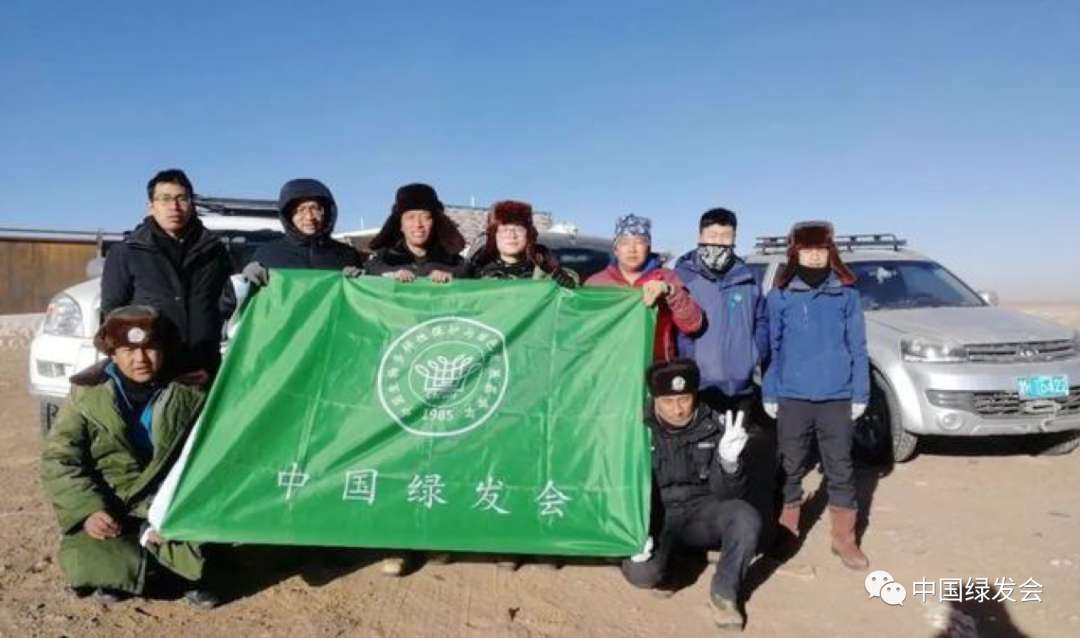
(Photo credit: CBCGDF)
Original Chinese article:
http://www.cbcgdf.org/NewsShow/4854/13295.html
By / Niu Jingmei, Liu Xiling (Volunteer)
https://www.paypal.me/CBCGDFChina
http://www.cbcgdf.org/English/ConfirmDonaTion/0.html


(Please indicate "I read CBCGDF" in the payment notes, thank you!)
